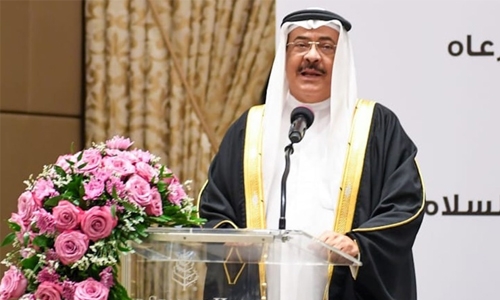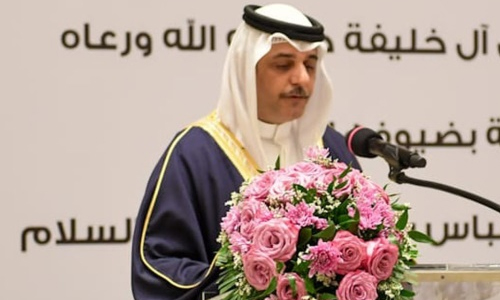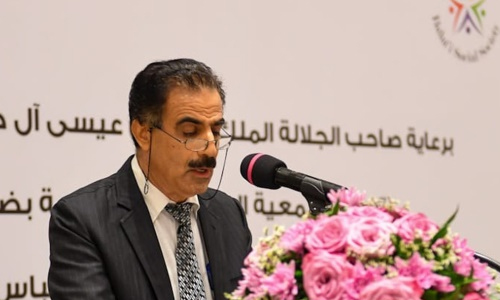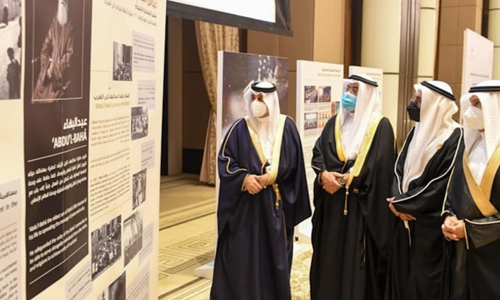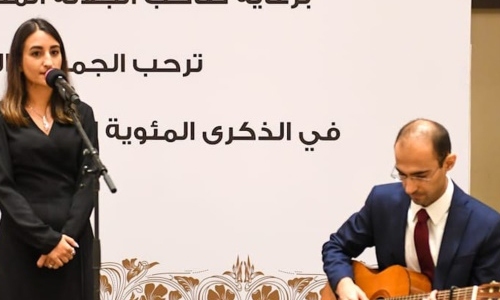Bahrain’s religious tolerance, pluralism highlighted at Bahá'í Social Society commemoration
TDT | Manama
The Daily Tribune – www.newsofbahrain.com
The Bahá'í Social Society (BSS) has hosted a reception marking the commemoration of Abdu'l-Bahá Abbas' deeds for humanity.
BSS Chairman Dr. Badi' Jabri welcomed the attendees and extended his deepest thanks and gratitude, on behalf of the Central Spiritual Assembly of the Baha'is in Bahrain, the highest body representing Baha'is in the Kingdom, to His Majesty King Hamad bin Isa Al Khalifa, for his patronage of the reception, and to His Royal Highness Prince Salman bin Hamad Al Khalifa, the Crown Prince and Prime Minister, for his unlimited support.
The commemoration stresses the national identity that considers the highest human values as the basis of citizenship in Bahrain, he said in his remarks.
Dr. Shaikh Khalid bin Khalifa Al Khalifa, Chairman of the Board of Trustees of the King Hamad Global Center for Peaceful Coexistence, noted that the values of cooperation, fraternity and mutual respect between different nations, civilizations and religions are deep-rooted in Bahrain.
The insightful vision of HM King Hamad and the support of HRH Prince Salman, the Crown Prince and the Prime Minister, have established the foundations of tolerance, coexistence, unity and union among all people of different religions and beliefs, he said.
Bahrain provides a particularly fertile ground for sustainable prosperity and stability, he added.
This commemoration is an opportunity to celebrate the values of pure love and true unity that strengthen the bonds of affection among all spectrums of Bahraini society, Shaikh Khalid said.
All segments of society have a role in the advancement and protection of the nation and in the conservation of its history, he added.
The reception was attended by the Capital and Northern governors, members from the two chambers of the parliament, religious figures, opinion leaders and heads of societies and social institutions.
Related Posts

